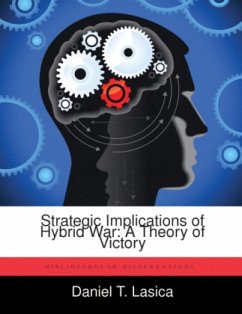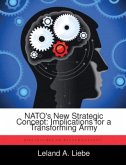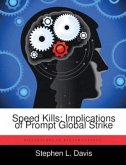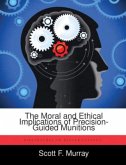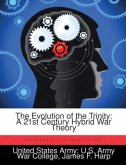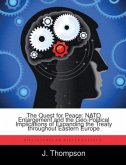While the nature of war does not change, the conduct and methods available to wage and win wars does. This appears to be the case with respect to hybrid war, an evolving type of war that the United States may soon face. The definition of hybrid war is the merging of different methods and theories of war and warfare at different levels of war, in different realms and domains, especially the cognitive and moral domains, by a blend of actors, arranged in time and space to achieve objectives at all levels of war. Hybrid war poses a novel threat to the United States for many reasons, including undue U.S. attention on irregular warfare as the "war of the future" as well as hybrid war's blending of modes at different levels of war using different theories of war and warfare. Recent discussions about hybrid war have been primarily focused at the tactical and to a lesser degree at the operational level, not at the strategic level where hybrid war should also be considered. A vital part of "strategic art" is developing a theory of victory. This paper's thesis is that the United States needs to develop a hybrid war theory of victory, which is combining "how to win the war" and "what is winning." Generic principles of "what is winning" will be used as criteria to develop a theory of war relevant to the hybrid warrior. This theory will help enable the United States to determine if and how national power should be used in a hybrid war to achieve strategic political objectives and what the probable outcomes of military conflict might be in that situation. This, in turn, will help senior decision makers determine the best ways to achieve strategic objectives and protect national interests. One of the biggest challenges hybrid war presents is exploitation of the cognitive and moral domains, vice the physical domain that the United States traditionally concentrates on. The United States may consider giving the cognitive and moral domain more emphasis in its approaches to resolving t

